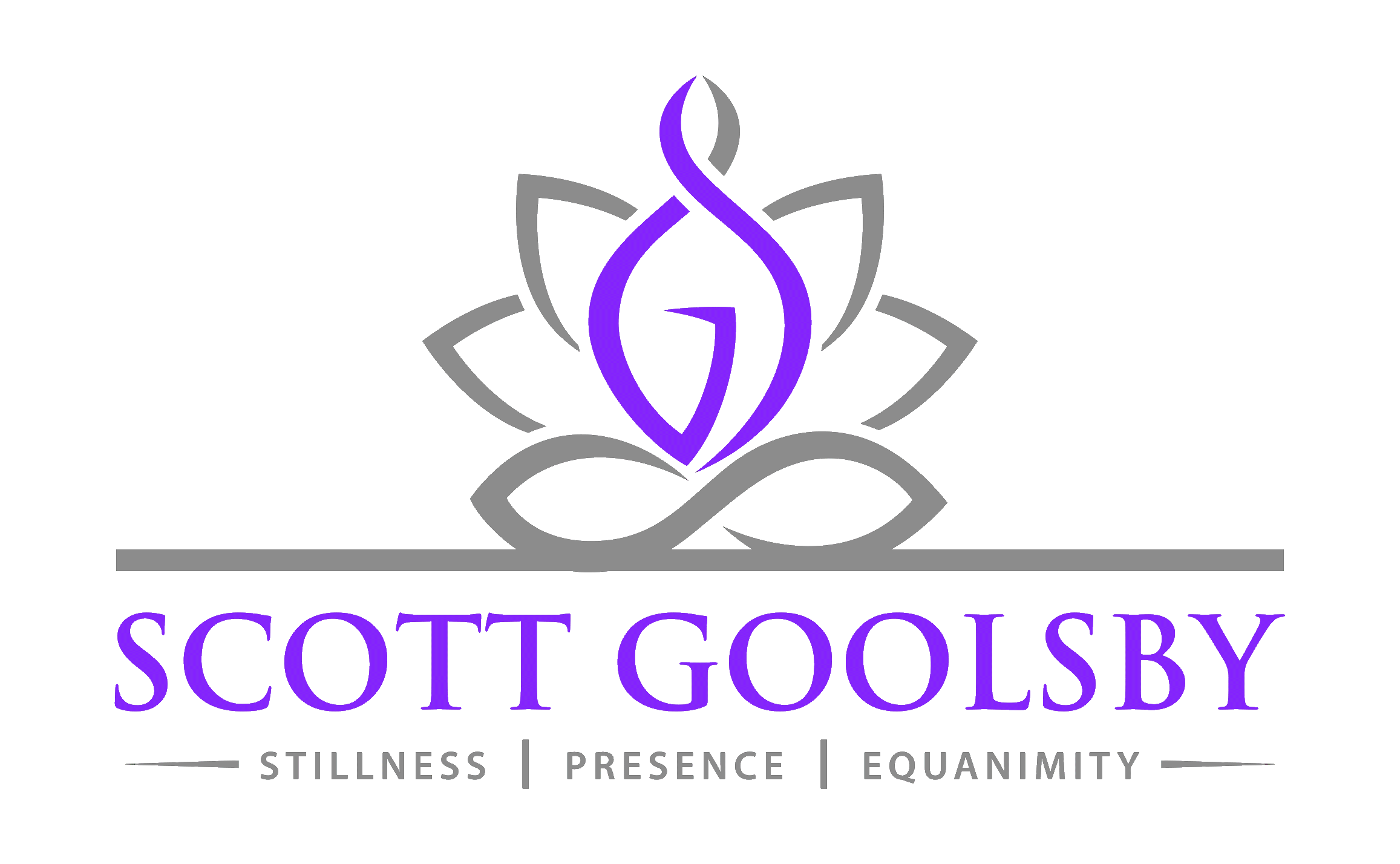Attributes and actions such as greed, jealously, the need to impress, the sacrifice of one’s autonomy and spiritual independence, anger, hatred, and fear are all characteristics of the thirst for power. These tools are put into operation by those with power who wish to hold on to or usurp “control” from those who are meeker and lower in the social system (politically, monetarily, aesthetically, etc.) who offer up or have taken away from them, their power, autonomy, and confidence, consciously or unconsciously, to those with the power. These roles of power wielder and power giver are not necessarily static; essentially, I doubt that any individual consistently falls into one of these categories. For example, in one situation one may be more aesthetically appealing than the other, the later then feels inferior to the former. Though perhaps the later does happen to be more intelligent, then in cases involving intelligence he would not lack power and usurps the power from he who holds it aesthetically. This perhaps shows that there are in fact several differing kinds of power and power exchanges, though this is something that I will not presently investigate further.
Given that these exchanges, as far as I have examined, deal primarily, and perhaps solely with power based on ego, on holding up the importance of the self, I will assert that this exchange, though apparent and real, is ultimately a façade, an unnecessary and harmful socially constructed paradigm of which we, as a conscious and global society, must dissolve. I see inferiority being the prime motivator in both those cases (having/giving power). He or she who has it wishes and fights to contain and control it as it gives them a sense of happiness, fulfillment, and importance. Without the power, they have lost these qualities. Ironically, these are the most fleeting, transitory ways of gaining happiness. Those that offer power up feel that they are undeserving of it, that they are inferior to those requesting it, therefore acquiescing to the power holder’s greedy wish.
The neurotic sense of this is that nearly everyone is in one sense or another blind to this occurrence, though, simultaneously, brazenly believe that he or she with the most power is the best and happiest human. My assertion is that this power is fleeting, it is based upon attributes that are quickly and ultimately taken away. The person who dies with the most power is not in fact the happiest, but the most dissatisfied. As in life, the symbols of true happiness are not fought for out of power, but through awareness and understanding. Mystics of every culture, chronological point, and background strongly declare that this life is here to gain consciousness, to be aware of beingness, to understand the beauty of being alive, to understand and feel what it means to be in the universe, that, in actuality, we are the universe. Power and its struggles, to put in Buddhist terms, are maya, implements of illusion used by the demon Mara to keep humanity drowning in their sea of sorrow and despair. We no longer need to succumb to this lie.

